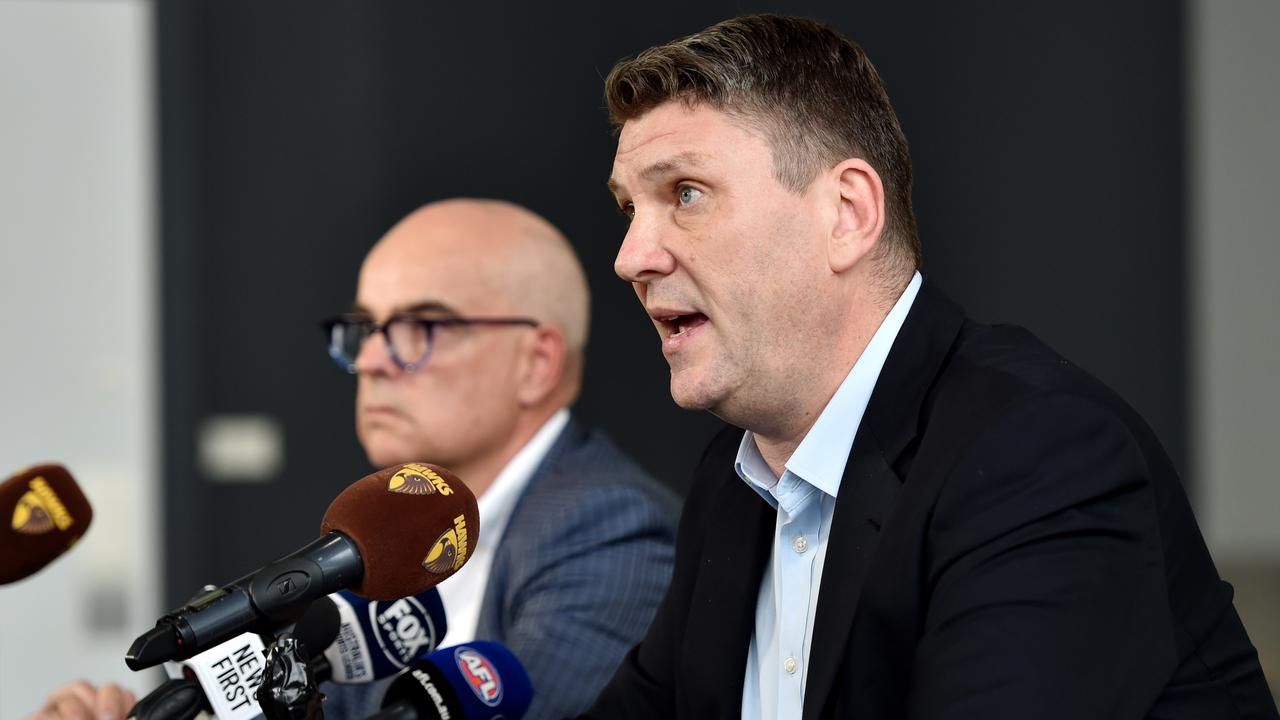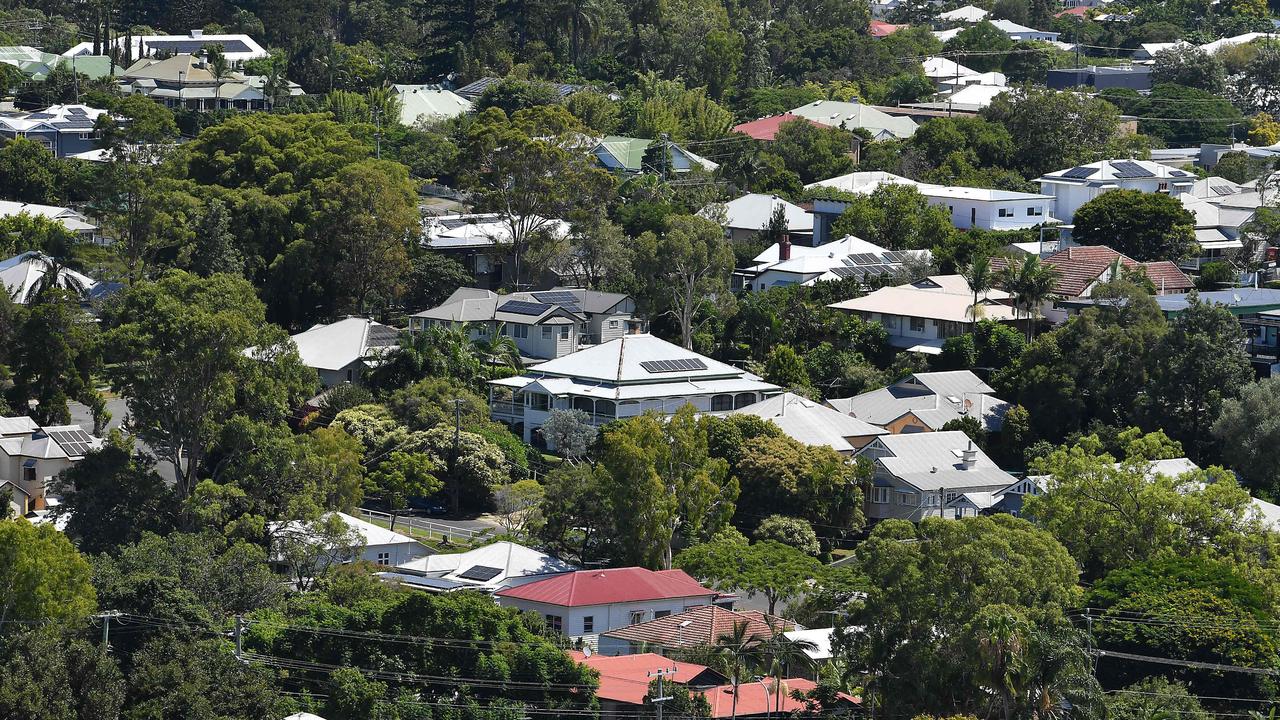Treasurer Jim Chalmers warns Australians to brace for recession aftershock
Treasurer Jim Chalmers has made a major call on how the upcoming budget will handle a looming ‘blunt and brutal’ global economic downturn.

NewsWire
Don't miss out on the headlines from NewsWire. Followed categories will be added to My News.
Treasurer Jim Chalmers has warned the upcoming Federal Budget would be written on the “backdrop” of a deteriorating global situation and shared new detail on how a likely global recession would hit Australia.
“The world is bracing for another global downturn. That’s the truth of it,” he said.
“We’ve seen in the comments from the head of the IMF overnight, we’ve seen in recent commentary from the OECD and the World Bank and the IMF that the prospects for a recession in some of the major economies of the world has edged over from possible to probable, and that has obvious implications for us as well.”
Mr Chalmers said the nation was in a strong position to enter the downturn, and while the budget will not forecast a recession for Australia, we would not escape unscathed.
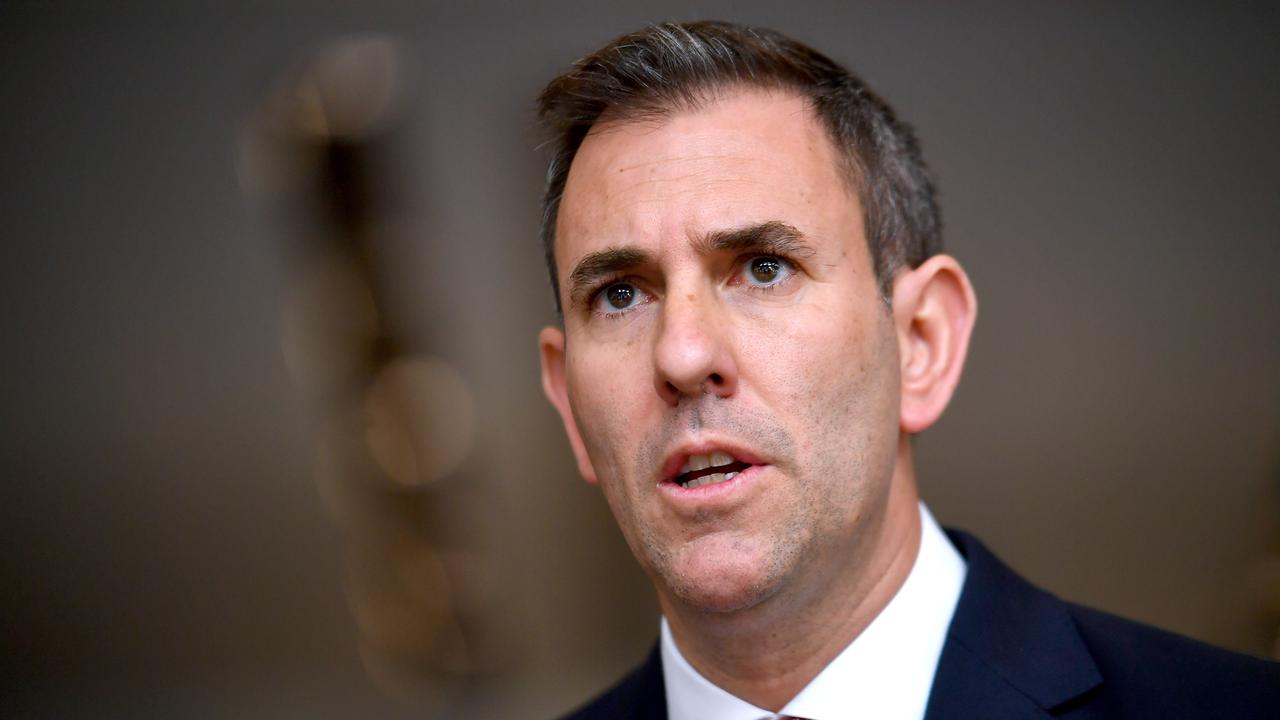
“We are in much better nick than most of the countries with which we compare ourselves but we won’t be immune from a global downturn,” he said.
“The concerning aspect of what we know about the global economy, what we have learned in the last couple of weeks is that it will have implications for us.
“It will have implications for our own growth forecasts. It will have implications for our unemployment forecasts. That much is obvious and that much is clear.”
The Treasurer said the upcoming Federal Budget, which will be handed down on October 25, would be designed to address the“blunt and brutal” economic landscape and will focus on three factors: Inflation, the world economy and spending pressures.
“It won’t be fancy. It won’t be flashy. It will be responsible. It will be solid,” he said.
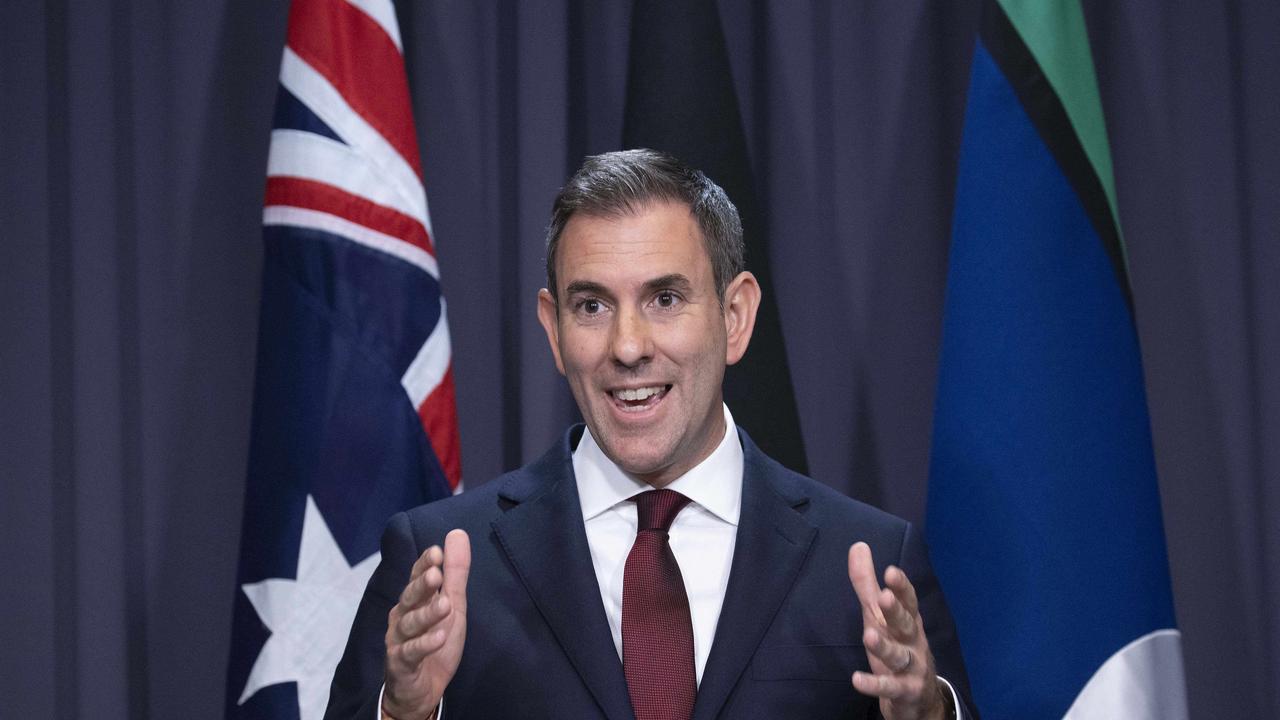
Last week, the Treasurer stirred debate over the legislated stage 3 tax cuts ahead of the Albanese government’s first budget.
He said he wouldn’t rule out paring back the tax cuts, amid division within Labor over the policy’s $243bn cost, at a time when the government is facing significant fiscal pressures.
“It has always been intended that the October Budget would be the start of this conversation and not the end of this conversation,” Mr Chalmer responded to questioning.
“We will begin with winding back some of the waste and rorts. We will begin with multinational tax reform. We will make sure that the commitments that we make are responsible.”
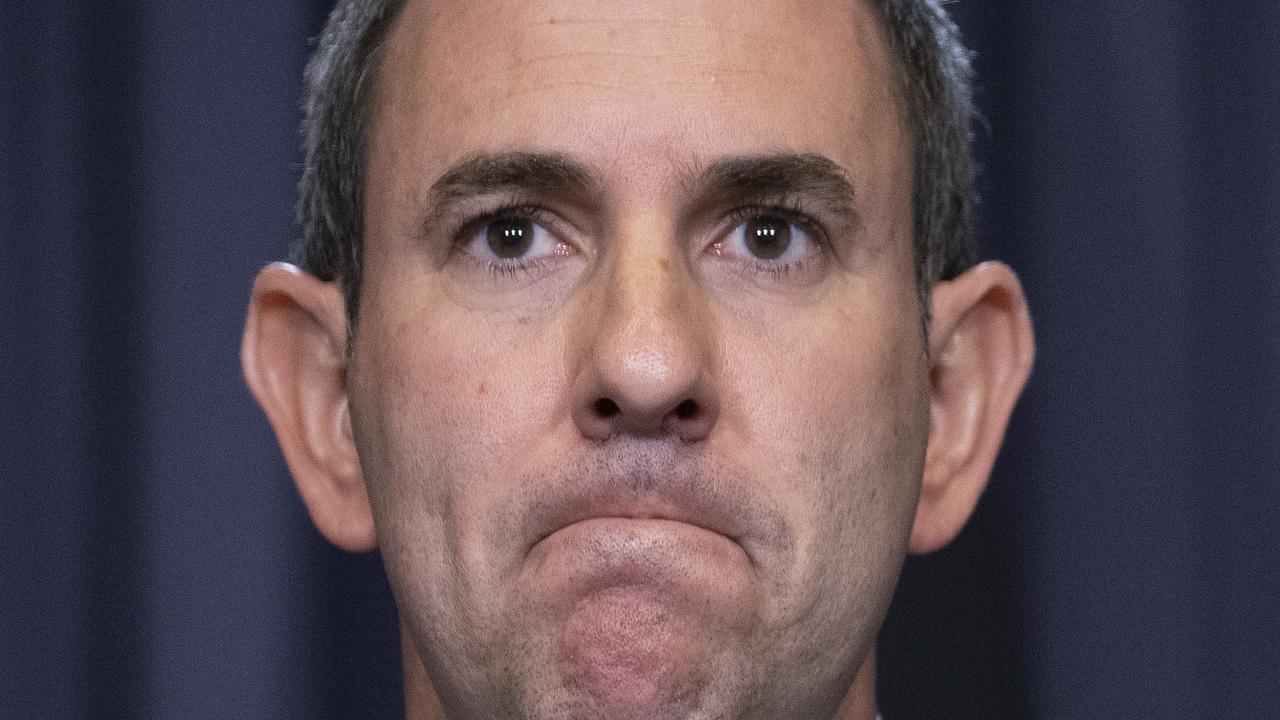
Anthony Albanese indicated he would not be backing down on his election commitment to keep the cuts in place when asked on Monday.
“There’s been no change in our position,” Mr Albanese told ABC Radio.
Mr Chalmers announced he would travel to the United States on Tuesday night to meet with the chairman of the US Federal Reserve, the head of the IMF and the head of the World Bank.
He will be joined by private investment banks and treasurers from the US, UK, Canada, India and Korea.
“This is a crucial opportunity to confer with my international counterparts, to make sure that the latest thinking concerning international developments in the economy can be factored into the budget in real time.” he said.
The Treasurer flagged health, aged care, defence and the National Disability Insurance Scheme budgets as those unlikely to see spending cuts due to increased pressure on these services.
High commodity prices are likely to provide an injection of funds but not nearly enough compete with the spending pressures of these portfolios.
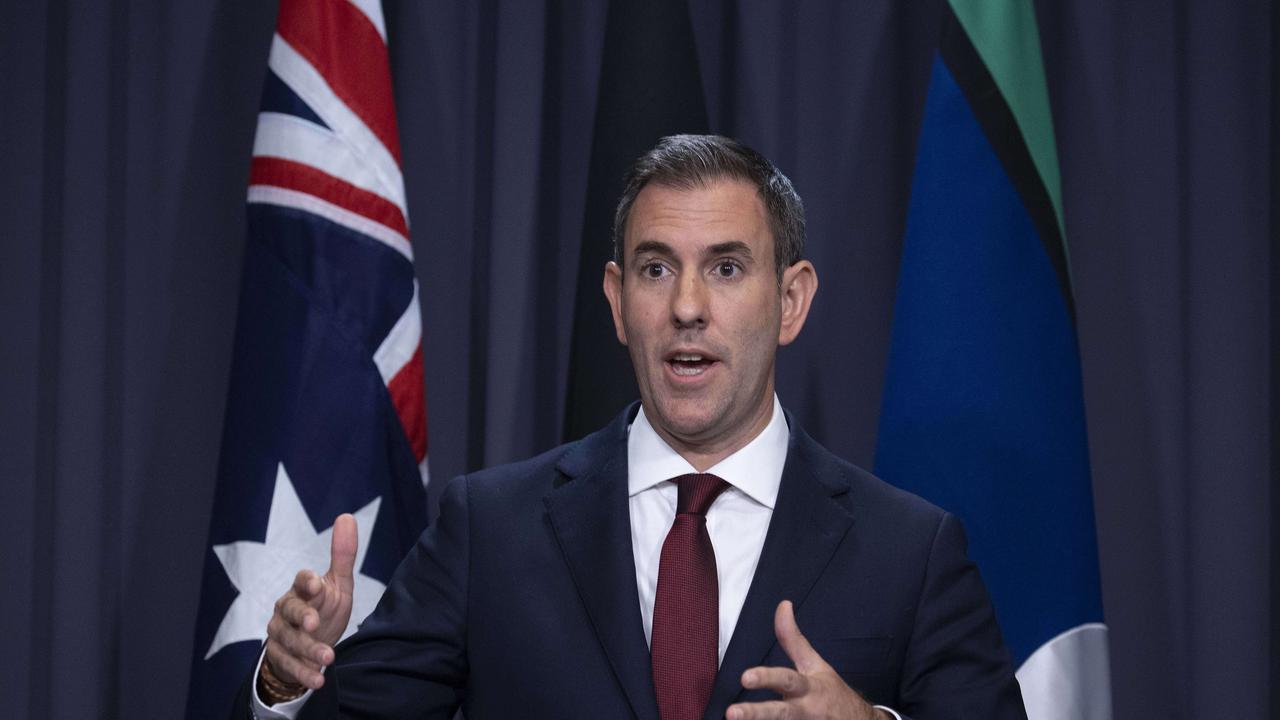
When it comes to the easing of cost of living pressures, he said that the government was being extremely cautious so as not make the job of the Reserve Bank any harder.
“What we will do in October is provide cost of living relief where we are supremely confident that it won't make the job of the independent Reserve Bank harder,” he said.
Cuts to the cost of child care, education and medicine were among the potential relief more likely to find it’s way into the budget.
On the matter of soaring energy prices, Mr Chalmers said the government believes that long term transformation of the energy sector to provide cheaper, cleaner and more reliable sources is their focus.
“Ever since Angus Taylor hid the last electricity price increase during the election – a combination of global factors, extreme weather and policy failure has meant that electricity prices are going up much faster than we would like to see,” Mr Chalmer said.
He said that a focus on the transition towards renewable energy sources is a long-term solution to bringing down the cost of energy prices.
Originally published as Treasurer Jim Chalmers warns Australians to brace for recession aftershock

